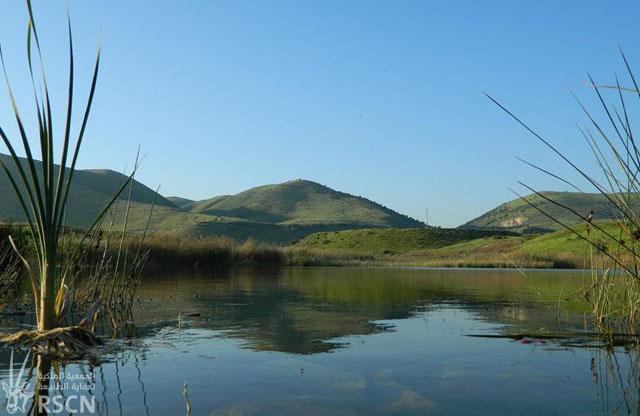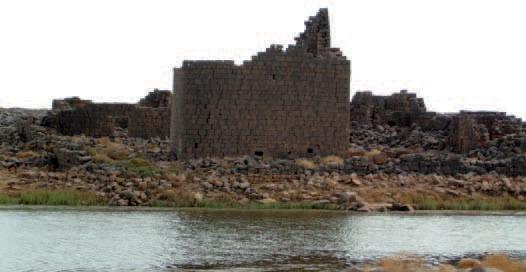You are here
Eco-tourism expert examines sector’s environmental impact
By Saeb Rawashdeh - Apr 08,2023 - Last updated at Apr 08,2023

Eco-tourism expert Lubna Qaryouti delivers a lecture on Wednesday at the American Centre of Research in Amman (Photo by Saeb Rawashdeh)
AMMAN — The negative impact of tourism came under scrutiny during a lecture on Wednesday at the American Centre of Research titled “Tourism in the Middle East: Nature and Heritage Conservation”.
Delivering the lecture, Lubna Qaryouti, an eco-tourism expert, said that Jordan has a Mediterranean climate.
“Tourism can negatively affect biodiversity and ecosystem,” Qaryouti noted, adding that biodiversity should be conserved and restored.
Sustainable use of biodiversity is a principle in which ecosystem should not be overused.
“The problem emerges with the massive tourism during high season and unsustainable practices on biodiversity and ecosystem. Analysis shows that negative impact will affect badly the natural environment,” Qaryouti underlined
The main goals of protecting natural environment are conservation of biodiversity, sustainable use of its components and fair and equitable sharing of benefits arising out from utilisation of genetic resources, she said.
Furthermore, the main goal of relationship between biodiversity and tourism is to focus on the local community that lives in the certain area, Qaryouti said.
“Ecotourism is not a new terminology or concept, while protected areas [like Wadi Mujib] are its heart,” she stressed, adding that protected areas deal with a concept of conservation.
Beneficiaries of ecotourism are visitors, local tour operators and indigenous population, the scholar maintained.
“There are 10 points of European Charter for sustainable tourism: Involve everyone implicated in protected areas, prepare the action plan, protect and enhance natural and cultural heritage, provide visitors with high quality experience, communicate effectively to visitors, encourage specific tourism, increase the knowledge of protected area and sustainability issues, ensure that tourism supports qualify of life of the local residents, increase benefits from tourism to the local economy and monitor and influence visitor flows, ”Qaryouti outlined.
Meaningful connection to people and places should be encouraged, she said.
Related Articles
AMMAN — The Royal Society for the Conservation of Nature (RSCN) announced on Wednesday seven new eco-tourism projects at its nature reserves
AMMAN — Eco-tourism in Jordan’s 11 nature reserves opened for a new adventure season, with the numbers of visitors expected to increase this
AMMAN — The Royal Society for the Conservation of Nature (RSCN) announced the establishment of Burqu Reserve in the Northeastern Badia regio


















